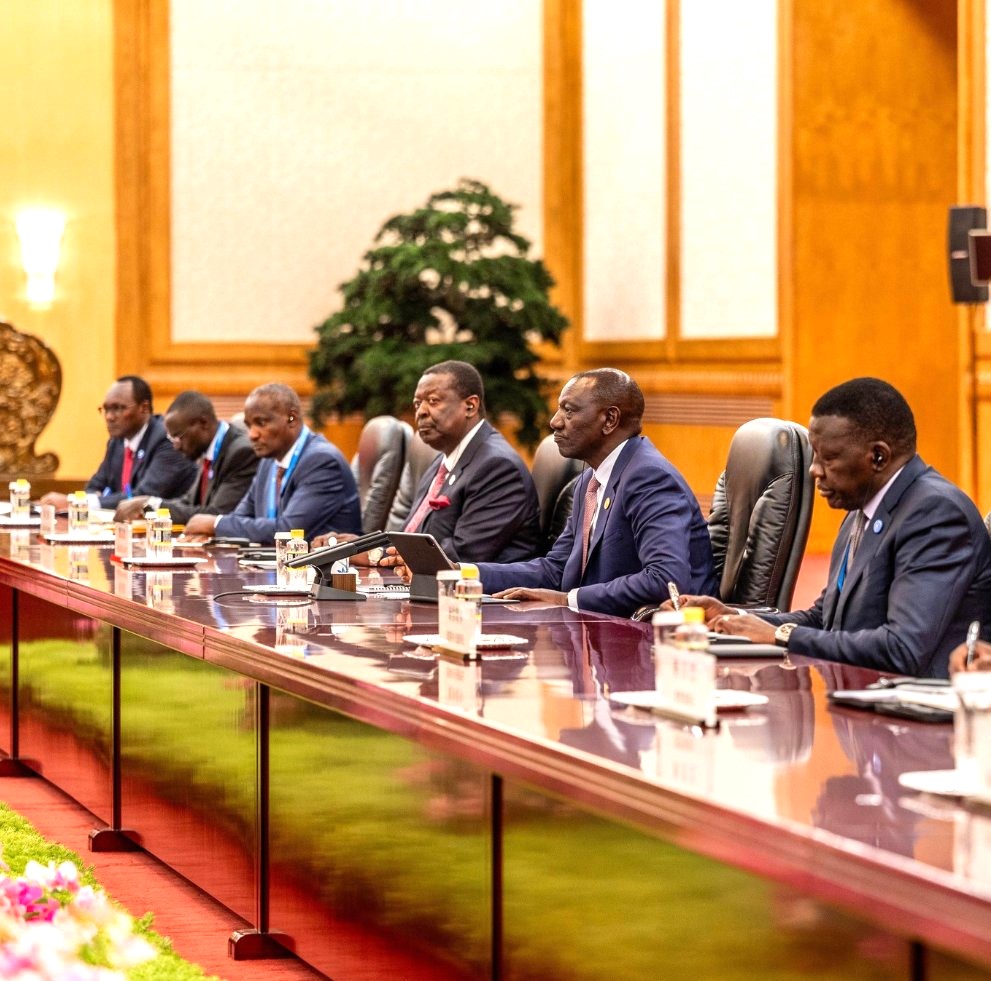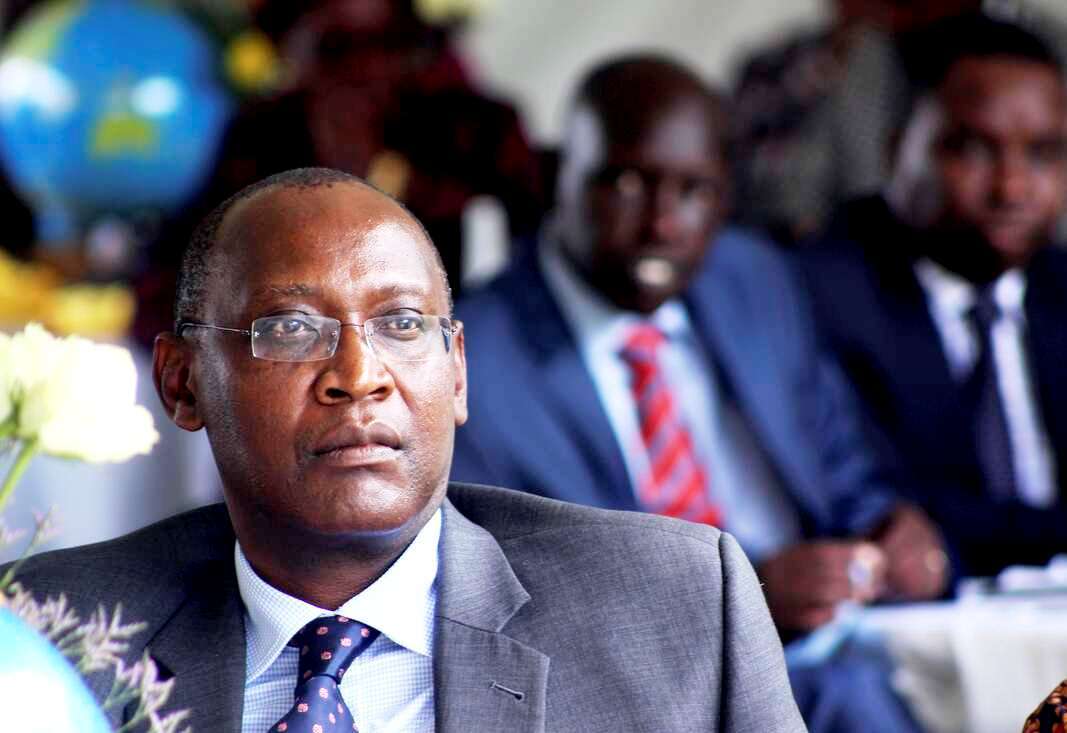The National Treasury’s mismanagement of National Government Constituency Development Fund (NGCDF) disbursements has sparked an uproar in Parliament, exposing the chaos, contradictions, and contempt that characterize President William Ruto’s administration.
Cabinet Secretary John Mbadi, once a respected fiscal mind in opposition, now faces a storm he cannot justify. Appearing before MPs, Mbadi presented a KSh 7 billion allocation to the NGCDF board as progress. Yet MPs from all sides saw it for what it was: a paltry token amid urgent constituency demands and a clear dereliction of duty.
For a government that promised “bottom-up” empowerment, the irony is unmistakable. The same administration is now starving grassroots projects and leaving thousands of students in limbo as bursaries remain unpaid.
Mbadi claimed that liquidity problems, fueled by substantial statutory obligations, have constrained the Treasury’s options. He cited figures, KSh 75 billion for loan servicing, KSh 80 billion for salaries, and billions more for school capitation, in what seemed an elaborate deflection. MPs, however, were unconvinced. The figures only underscored that the Ruto administration is overwhelmed, underprepared, and lacking in strategic fiscal planning.
What is most damning is not that the Treasury is stretched thin but its selective prioritization of obligations. The Cabinet Secretary did not deny that NGCDF payments have been in arrears for two months. Instead, he justified the delay by citing other payments, as if supporting education through bursaries and delivering local development projects were luxuries constituencies could forgo.
This cannot stand. Constituency development is not a secondary state function; it is a constitutional commitment and a lifeline for millions of Kenyans with no other access to government services. For a government replete with rhetoric about empowering the “hustler” to neglect the communities it vowed to uplift is both insulting and tragic.
More galling was the revelation that Mbadi had consulted the Speaker on disbursement plans, only to later contradict those agreements with new excuses. MPs accused him of exposing the Speaker to ridicule and misleading the House.
Some legislators’ suggestion to disburse all NGCDF funds in the first quarter of the financial year is sound, a clear sign that Parliament is proactive where the Executive falters. If the government anticipated being burdened by loans, salaries, and school capitation in January, why not secure development funds in advance?
As it stands, the Executive has left MPs appearing ineffective to their constituents. Schools are opening, students remain at home, bursaries are delayed, and the Treasury offers vague promises of maybe releasing another KSh 7 billion by month’s end.
This is a government struggling with logic, transparency, and its own people. If Ruto’s Cabinet cannot manage its finances urgently, it may be time for Kenyans to ignore its slogans and demand accountability.
History will not remember how many billions were paid to China or when loans fell due. It will remember the students who dropped out due to lack of bursary support. It will remember the stalled projects in villages and towns. And it will recall the men and women in power who chose to explain failure rather than fix it.





